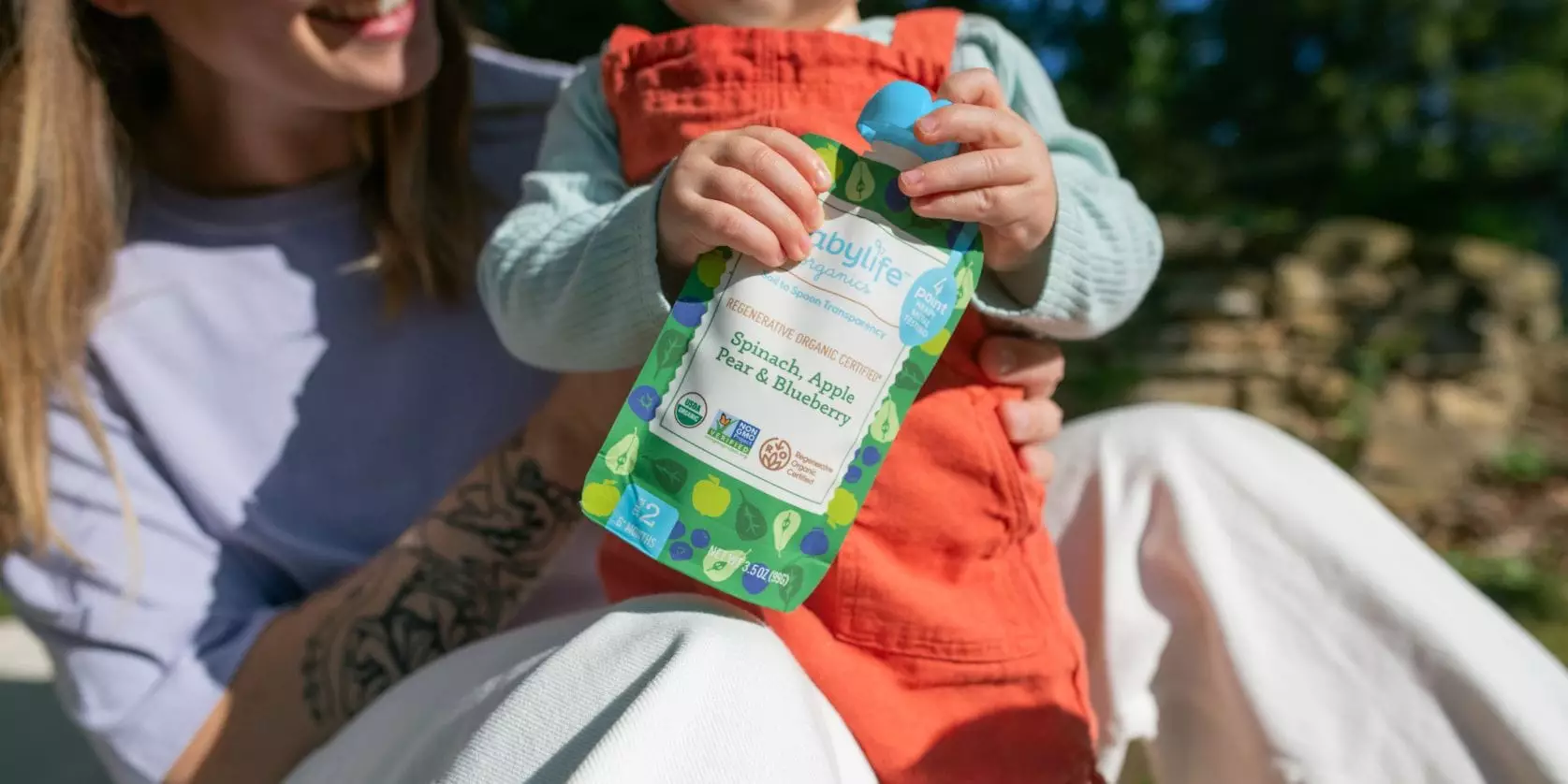As parents strive to provide the best nutrition for their children, unsettling news often surfaces regarding baby food safety, particularly concerning the presence of toxic heavy metals. The reality that many popular baby food options—whether organic or conventional—can inadvertently contain harmful metals such as lead, cadmium, arsenic, and mercury is alarming. These elements have been linked to significant health concerns, especially neurological developmental issues in infants and toddlers. Faced with this daunting challenge, consumers are left wondering how to ensure the safety of their children’s diets amid rampant contamination concerns. Fortunately, a bold new player is entering the market: Babylife Organics.
Heavy metals are naturally occurring elements present in earthy materials, but their prevalence in our food systems often results from human activity. Pollution, industrial waste, and agricultural practices contribute to elevated levels of toxic substances, infiltrating the soil, water, and ultimately, the foods we consume. Parents seeking nutritious meals for their babies need to navigate this complex landscape with caution. Richard Harford, CEO of Babylife Organics, highlights the unique challenges posed by baby food supply chains, which can obscure the origins of contamination. While the majority of brands scarcely test their products for safety, this alarming gap in quality control raises the stakes for concerned parents.
With no federal regulations thoroughly addressing heavy metal testing in baby foods, brands must often rely on sporadic testing or react to issues pointed out by external sources. This lack of systematic oversight could lead to dire consequences, especially when precious little ones are involved. The sobering truth echoing through the industry is that heavy metal contamination isn’t just limited to conventional baby food; even organic varieties can be affected.
Innovative Solutions: Babylife Organics Takes the Lead
Babylife Organics is determined to redefine standards in the baby food sector. By introducing a rigorous testing protocol known as “4-point heavy metal testing,” they monitor their products at four different stages—soil, raw ingredients, prepared ingredients, and the final product. This ensures comprehensive oversight of the food offered to vulnerable consumers, while also aligning with regenerative organic practices, certified by the Regenerative Organic Alliance. By sourcing food from some of the cleanest soils in Turkey, Babylife aims to provide a higher level of assurance regarding the safety of their products.
The company has taken transparency to unprecedented levels, actively sharing the heavy metal testing results with consumers. Each jar or pouch carries a QR code that links to individual test results associated with the lot number. Parents can quickly scan the code, explore the testing data, and ascertain whether their chosen baby food meets stringent safety benchmarks. This commitment to openness is not merely a marketing tactic; it is an essential move towards building trust in an industry plagued by concerns over safety.
Striving for Higher Standards
In light of the absence of federal benchmarks in the United States, Babylife Organics has opted to abide by international safety standards—specifically those laid out by the European Union Food Safety policy, which is significantly stricter than current FDA guidelines. This alignment allows Babylife to ensure that their products not only meet safety requirements but exceed them. By prioritizing child safety and health, they not only contribute to improving the nutritional landscape but also spark necessary discussions about responsibility at all levels of the food industry.
The commitment to enhancing infant safety doesn’t just rest with Babylife. Harford expresses hope that the company’s pioneering methods will inspire a ripple effect, prompting fellow brands to adopt similar transparency and testing protocols. Moreover, there is a push for regulatory bodies like the FDA to enact more rigorous standards, holding all baby food brands accountable for heavy metal content.
As Babylife Organics launches its range of baby food products—which include single-ingredient jars and blended pouches—families can feel more empowered in making informed choices regarding their children’s nutrition. Whether it’s a simple apple puree or a combination of flavors like pear, strawberry, and banana, the promise of safe, organic, and additive-free food can alleviate some of the anxiety parents face.
The responsibility for feeding our little ones defies easy answers in an era of concerning contamination. However, brands like Babylife Organics are setting a promising precedent that could transform the industry. By employing advanced testing, ensuring soil health, and committing to transparency, they are not merely offering a product; they are revolutionizing the landscape for infant nutrition and safety. As concern over heavy metals grows, the shift initiated by Babylife may well herald a new standard of accountability that puts the health and safety of children front and center. The era of informed choices begins now, thanks to this innovative approach to baby food.

